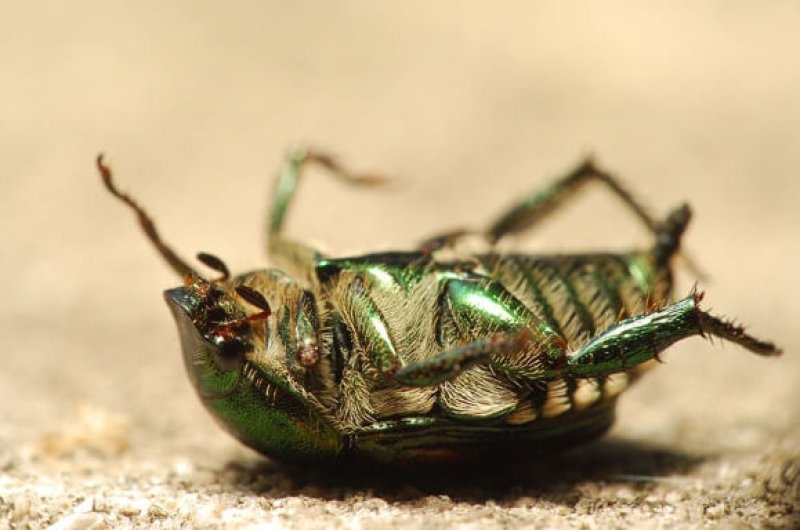“The insect apocalypse is here,” said the New York Times in 2018. “Plummeting insect numbers ‘threaten collapse of nature’,” said The Guardian in 2019: the source for this claim was a paper published in the journal Biological Conservation by two Australian scientists that claimed to reveal “dramatic rates of decline that may lead to the extinction of 40 per cent of the world’s insect species over the next few decades”.
This was junk science of the worst kind. As three other scientists then pointed out: “There is so much wrong with the paper, it really shouldn’t have been published in its current form: the biased search method, the cherrypicked studies, the absence of any real quantitative data to back up the bizarre 40 per cent extinction rate that appears in the abstract? and the errors in the reference list.”
But whereas the apocalypse paper was rushed through peer review to publication to movie hype in four months, the debunking paper was held up for 12 months by hostile reviewers trying to get it killed. This imbalance in scientific publishing and media coverage is common: alarming results get megaphoned, moderate ones are muttered.
[Editor’s note: GLP founder Jon Entine debunks “insect apocalypse” claims here: An activist-based PR campaign is poised to claim that the Earth faces a Silent Spring-like ‘insect armageddon.’ Will The New York Times and other media fall for the ‘hysteria con’ once again?]































